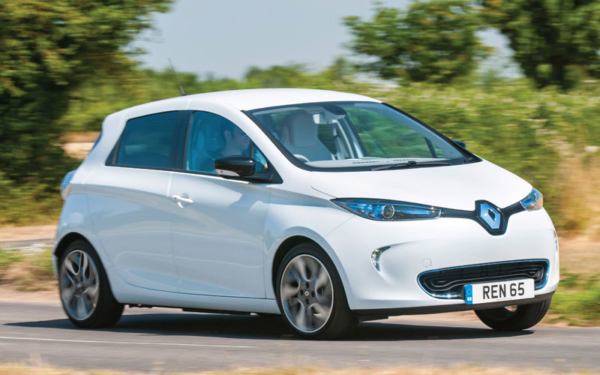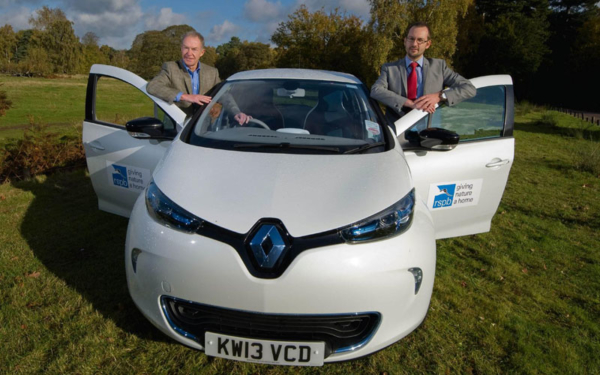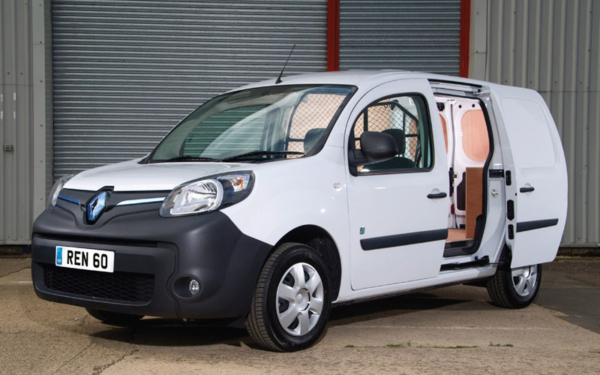
RENAULT expects significant growth in its Electric Vehicle sales in the coming year, as the public becomes more used to EVs and the infrastructure expands.
SMEs in particular are getting switched-on to the many benefits of taking the Renault EV route, according to Renault.

Speaking to Business Car Manager, Renault UK’s electric vehicle product manager Ben Fletcher says that growing awareness of electric vehicles is being helped by the rapid spread of the charging infrastructure, with many motorists noticing the charging points that have sprung up at motorway service areas.
And while admitting that take-up of Renault’s ZE electric range, which includes the Renault Kangoo van and the Renault ZOE supermini, is currently “in the hundreds”, he expects sales to accelerate, pointing out that the still-new technology of electric cars is already way ahead in sales terms of where hybrids were at the same stage of their life cycle.
Did you know?
- The average mileage covered by a supermini is 8000 a year…
- …so you’d have to charge a ZOE around 3 times a week – less than your phone;
- A ZOE battery is leased, so the car costs the same to buy as a petrol or diesel supermini;
- The lease charge is mileage based – so it’s just like a monthly fuel bill;
- EVs are typically 25% cheaper to maintain;
- ‘Fuel’ cost is paltry – as low as 2p per mile depending on where you charge;
- A ZOE can be ‘rapid charged’ in half an hour.
According to Fletcher, businesses and consumers alike are attracted to the Renault way of doing EVs, which involves Renault retaining ownership of the vehicle’s battery and leasing it to the customer for a monthly fee based on usage.
As a result Renault EVs are directly comparable in price with traditional petrol or diesel versions of the same vehicle.
An electric Kangoo van has the same payload as any other Kangoo
“For an SME battery hire is a fixed monthly cost, much easier to budget – you are not at the beck and call of fuel price changes,” Fletcher says.
He also points out that the Renault Kangoo is currently the only series-line produced electric van on the market, as opposed to a conversion.This builds business confidence in a vehicle that aside from its powertrain is exactly the same as any other Kangoo van – offering the same 650kg payload, volume, and range of models stretching across maxi, crew cab and crew van variants.
Going electric particularly suits the kind of uses a van in the Kangoo’s sector is likely to be put to, Fletcher argues.
“Typically they will be used by SMEs with a small fleet, based at a central depot, which do their delivery rounds during the day and return to the depot at night – that works really well for electric vehicles,” he says.
Small fleets benefit from more than the lower ‘fuel’ costs too. As a simpler mechanical device, an EV saves at least 25 per cent in maintenance costs compared with a traditional vehicle, one major benefit being that it doesn’t use oil: “It’s a compelling argument for people to consider going electric.”








